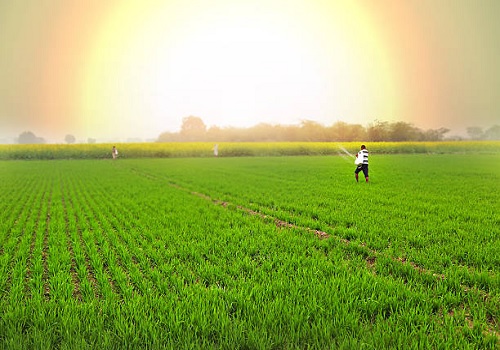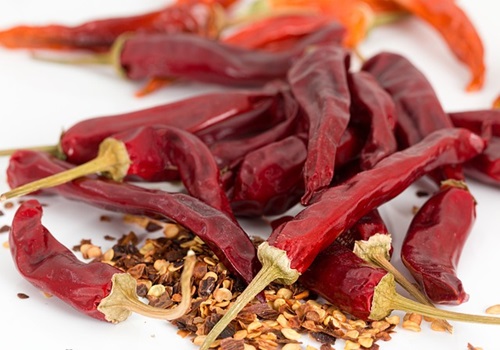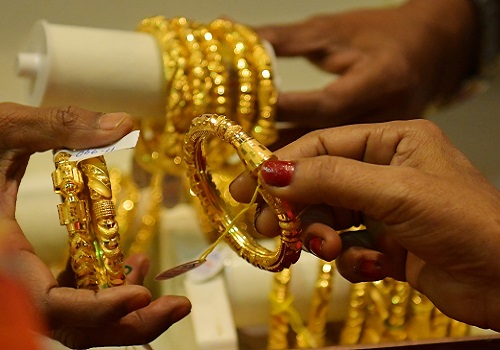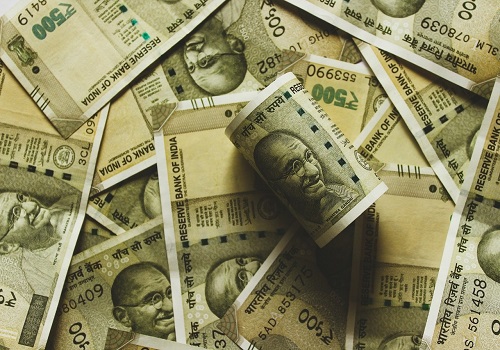Spurring Supply Stability: India Extends Duty-Free Import of Tur and Urad Dal Until 2025, Easing Prices and Boosting Market Dynamics By Amit Gupta Kedia Advisory

India prolongs duty-free import concessions on tur and urad dal till March 2025, aiming to fortify domestic supplies and mitigate inflation. This extension follows a surge in annual production and shifting consumer preferences, with a concurrent extension for masur dal, strategically shaping the pulse market for stability.
Highlights
Extension of Duty-Free Import Policy: The Indian government has extended the duty-free import policy for tur (pigeon pea) and urad dal (black matpe) until March 31, 2025. This extension aims to ensure higher domestic supply and control prices.
Previous Import Policy: The free import policy for these pulses was initially implemented from May 15, 2021, till October 31, 2021. Due to lower rainfall affecting domestic production in key states, the policy was extended until March 2024. Now, it has been further extended until March 2025.
Masur Dal Import Duty Exemption Extension: The import duty exemption on masur dal (lentils) has also been extended by another year, lasting until March 31, 2025. This exemption is part of efforts to contain inflation, and in the normal course, imports attract a 30% Customs duty.
Impact on Inflation and Supplies: The extension of duty exemption is expected to benefit importers and boost supplies, helping to contain inflation in the pulses market.
Rise in Masur Imports: The current financial year has witnessed a considerable increase in masur dal imports. Some consumers have shifted to masur dal due to the high prices of tur dal, which has experienced demand destruction of around 15-20%.
Rabi Area Decrease: The overall acreage under rabi pulses has decreased to 137.13 lakh hectares from 148.53 lakh hectares compared to the previous year. This decline is attributed to a dip in chana acreages.
Tur Production Estimates: Tur production is estimated to rise from 33.12 lakh tonnes in kharif 2022 to 34.2 lakh tonnes in kharif 2023. However, this is below the target of 43 lakh tonnes set for the current year, and experts express doubt about the production estimates due to a decline in acreage.
Urad Production Estimates: Main kharif season urad production is estimated to drop to 15.05 lakh tonnes from 17.68 lakh tonnes in the previous kharif season. Kharif season contributes 75%, while the Rabi crop provides the remaining 25% of total urad production.
Impact of Erratic Monsoon: Pulses, particularly tur dal, have become expensive due to the erratic monsoon, impacting domestic output and contributing to food inflation.
Interconnected Pulses Market: The extension of duty-free import policies and changes in consumer preferences among different pulses demonstrate the interconnected nature of the pulses market and the measures taken to stabilize it.
Conclusion
India's strategic move to extend duty-free imports aligns with the pulse market's needs, offering relief amidst production uncertainties and price fluctuations. By fostering a conducive environment for imports, the government ensures a robust pulse market, safeguarding against supply gaps and inflationary pressures, ultimately benefiting both consumers and importers in the evolving landscape of agricultural trade.










Tag News

Pre-Market Comment by Hardik Matalia, Derivative Analyst, Choice Broking



More News
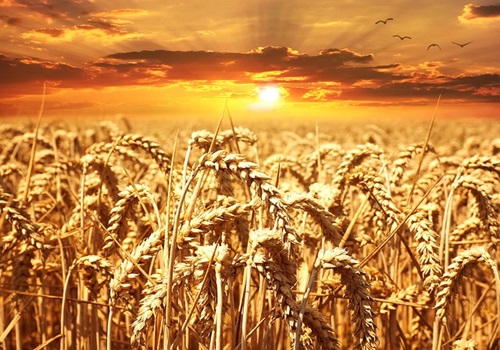
Harvesting Hope: India`s Rabi Season Unveils Surging Wheat Acreage and Pulsating Agricultura...
